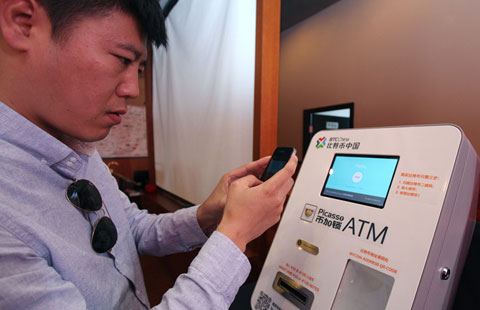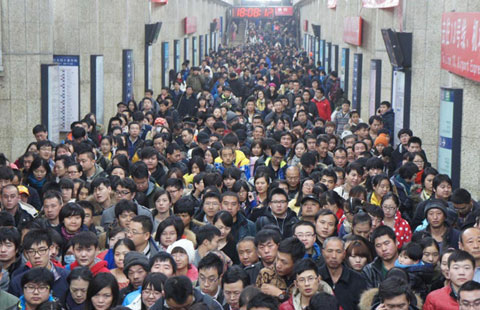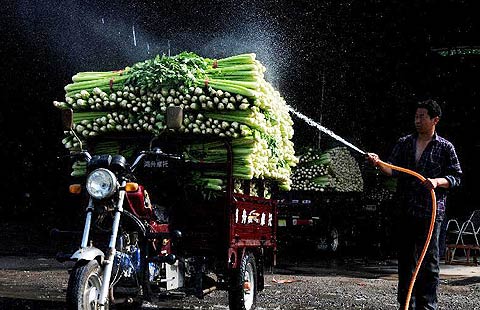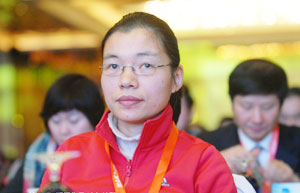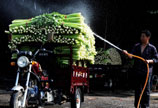China unveils new economic package
(Xinhua) Updated: 2014-04-17 03:04BEIJING - China on Wednesday announced a string of financial and tax moves including cutting the reserve requirement ratio (RRR) for some rural financial institutions to provide more support for the rural economy and bolster job creation.
China will cut the RRR for county-level rural commercial banks and rural credit cooperative unions that meet certain standards, according to a statement that followed a cabinet meeting of the State Council. It did not specify the standards.
The RRR sets the minimum fraction of customer deposits that each bank must hold as reserves rather than lending, and is an important monetary tool used by central banks. Lowering the RRR is often aimed at boosting bank lending and economic growth.
This is another "loosening signal" from the government, which suggests it is probably more concerned about the economic outlook as the property sector slowed sharply in the first quarter, said Zhang Zhiwei, chief China economist with Japan's Nomura Securities.h China's gross domestic product (GDP) rose 7.4 percent year on year in the first quarter, slightly outpacing market estimates but marking the lowest quarterly growth rate since the third quarter of 2012, official data revealed on Wednesday.
Zhang predicts the government will cut the RRR for the whole banking sector in May or June.
The step to cut the RRR for rural financial institutions is a "targeted move" which can help reduce financing costs for the rural economy and boost market confidence, said Guan Youqing, an analyst with Minsheng Securities.
China will push forward reforms of rural financial institutions and increase the shares of private capital in those agencies. More efforts will be taken to enhance basic financial service coverage in remote rural areas and increase financing support for key sectors to modernize agriculture, noted the statement.
Officials attending Wednesday's cabinet meeting also decided to extend a preferential tax policy for the unemployed, new college graduates, the disabled and others to start their own businesses. The policy was effective from Jan. 1, 2011 to Dec. 31, 2013.
In addition, the meeting chaired by Premier Li Keqiang decided to provide tax incentives to companies employing those who have been out of work for more than one year.
This expanded the scope for business owners who can enjoy tax breaks, as the previous policy stipulated that those eligible for favorable tax treatment cannot be engaged in some industries including construction, entertainment, advertisement, realtor among others, said Bai Jingming, a researcher with China's Ministry of Finance.
The new announcement means that all business owners employing those who have been out of work for more than one year can enjoy favorable tax treatment, which is good news for both the unemployed and business owners, said Zhang Bin, a tax expert with the Chinese Academy of Social Sciences.
The latest tax incentives came about two weeks after the State Council announced that tax breaks for small and micro firms will be extended till the end of 2016. The cabinet decided in 2011 that any company with annual taxable income under 60,000 yuan (9,741 U.S. dollars) will have its business income tax halved during 2012-2015.
- Chinese economy resilient enough to refute worries
- China's FDI inflow down 1.47% in March
- Lenovo to build 2,000 smart-TV stores
- Executives hope for progress on mainland, Taiwan FTZ talks
- Private investment up by 13.3% in 2013
- Austrian fashion houses dazzle Beijing
- China's rare earth firm Q1 profit slumps 70%
- Sinopec to pay $1.2b for stakes in Lukoil projects

